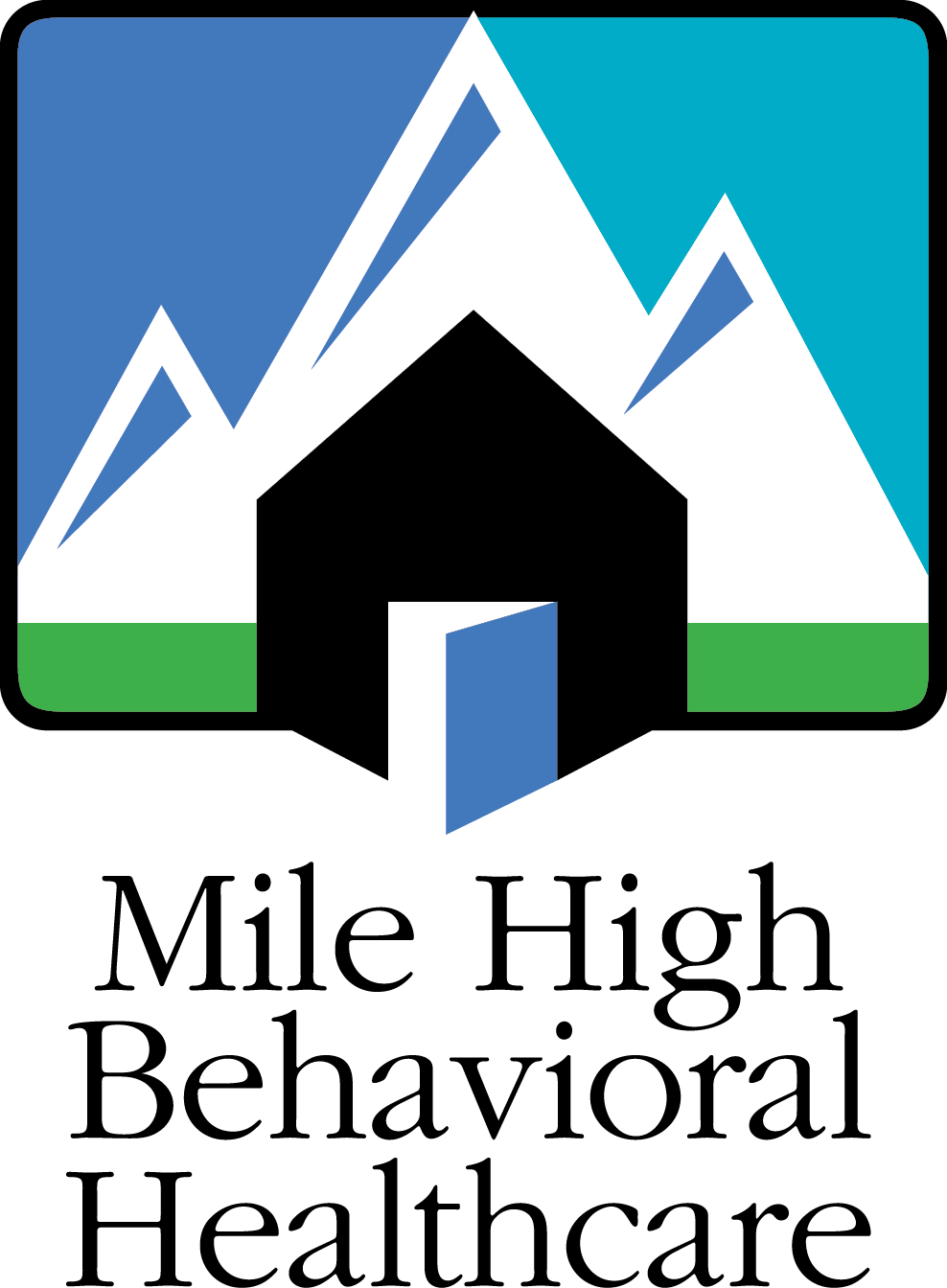Peer support promotes a culture of sobriety by fostering connection and support for the well-being of the individual and community. Through encouragement, active listening, and accountability, individuals discover purpose, embrace their truth, and create change.
peer support-driven care
Mile High Behavioral Healthcare is the leading Denver provider that employs a fully peer-coach-driven, technology-integrated approach to care.
Peer specialists help program participants in utilizing relapse prevention skills within their own environments, beyond a therapeutic setting. When individuals enter a treatment program, they are welcomed by a peer and continue to collaborate closely with that peer until they finish treatment. Upon completing treatment, they become part of the Transcend aftercare program. With shared understanding, respect, and mutual empowerment, the peer support team helps individuals remain engaged in the recovery process, reducing the likelihood of relapse relapse.
Embedded in the care is the use of the eRecovery app. eRecovery enables individuals to connect with their Peer Specialists through a confidential platform. The app allows peers and clinicians to stay in touch with the program participant. It alerts them when someone is in or near high-risk areas, which may increase the likelihood of relapse, and connects them to their peer. The app facilitates chats among the participant, peers, and the clinician. It sends inspirational quotes, reminders to reach out to the peer, and checks in to see if the individual needs support. With eRecovery, peer specialists are more effective as the primary means of communication when face-to-face interaction is not possible.
peer support LINE
Peer specialists assist individuals in applying relapse prevention skills within their environments, outside of therapeutic settings. Support calls are concise and aimed at skill-building. These calls are not intended for venting, as in traditional therapy or unrelated social outlets recovery.
The steps and guidelines for a Peer Support Line call:
• Before calling, clients refer to the Peer Support worksheet to determine if they can work through the issue independently, which helps them avoid relying solely on the phone line. The worksheet promotes the understanding that many of life’s problems don’t have immediate solutions.
• Individuals must recognize that the Peer Line is designed to provide support when needed, but it is not a crisis line. In emergencies, call 911.
• We demonstrate effective self-care, limits, boundaries, and individual differences by not permitting individuals to discuss issues unrelated to recovery for extended periods.
• If an individual isn’t comfortable calling the Peer Support Line, they may use text messaging. A client can send a text for a quick check-in or to connect with a Peer Support Specialist. For more significant concerns, please call the Peer Line.
• It is recommended that individuals make a practice call to the Peer Line to say “Hi” to become familiar with calling the line and save the number on their phone.Transcend Recovery Support Warm Line / 720.256.6525 | For current clients of Mile High Behavioral Healthcare only.
Peer recovery coaches help efforts at Mile High Behavioral Healthcare with various responsibilities to support clients—including distributing food to families and working at fundraising events such as the annual Grocery Cart Race.



